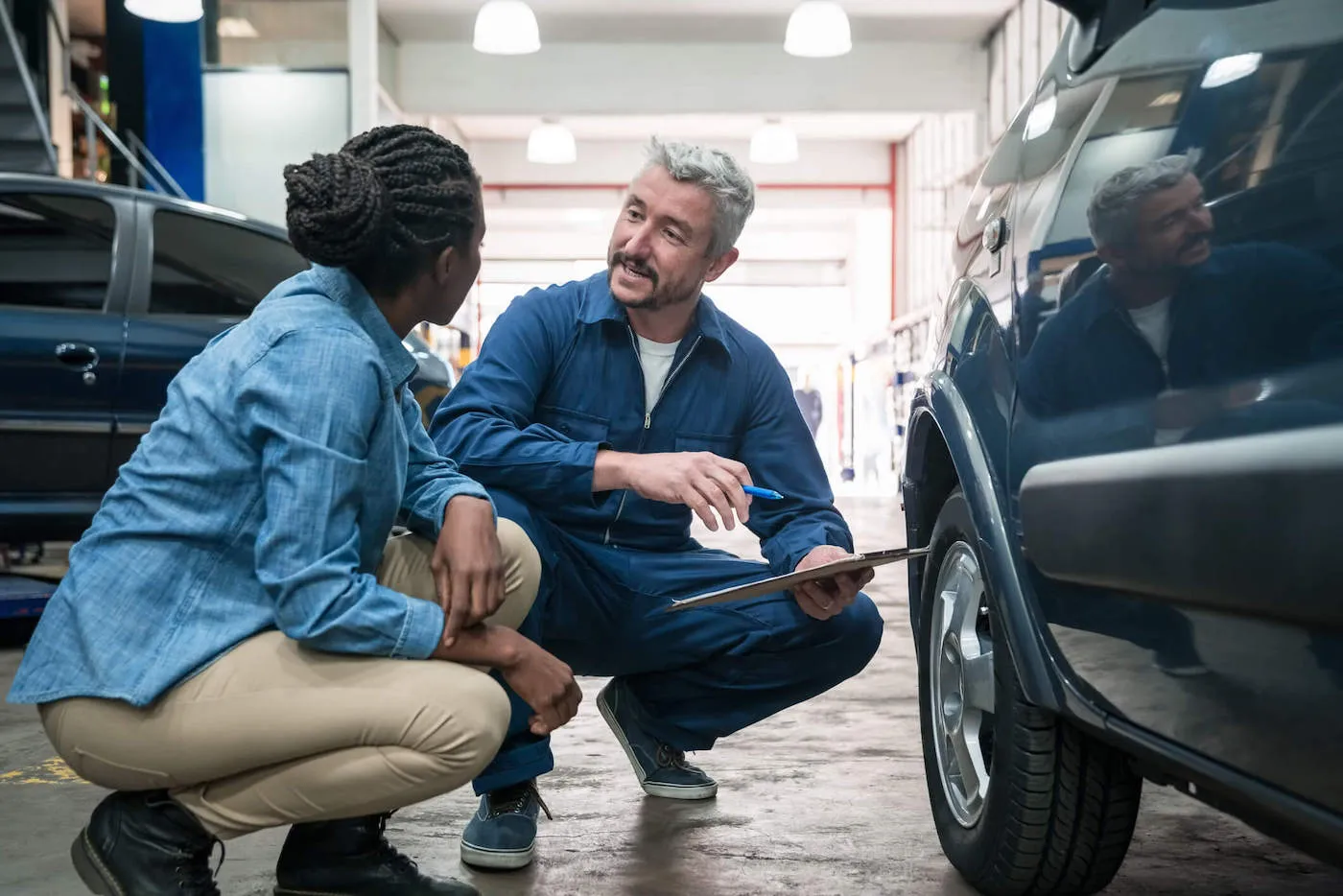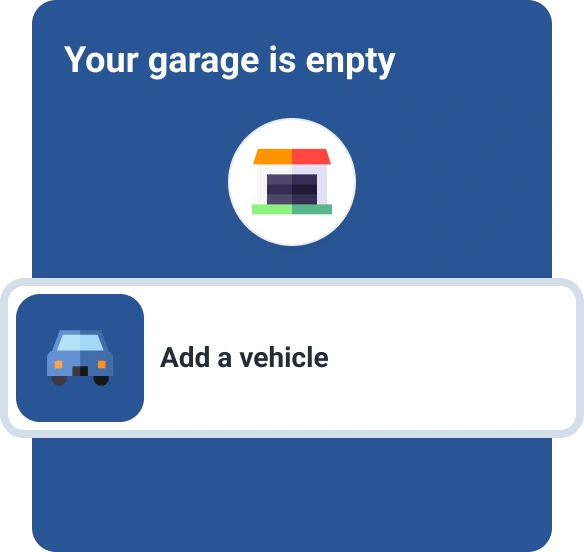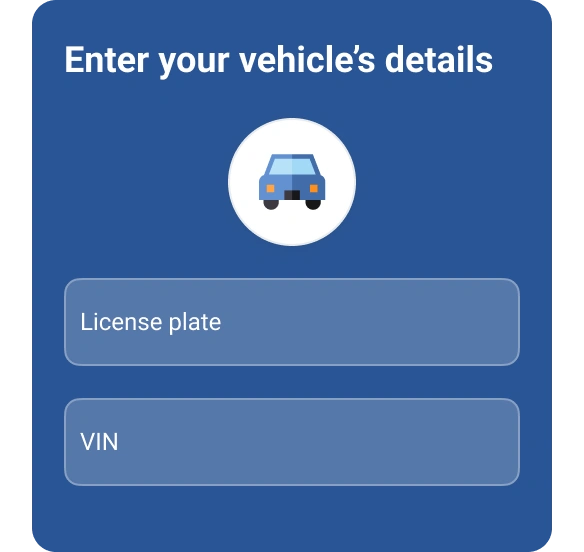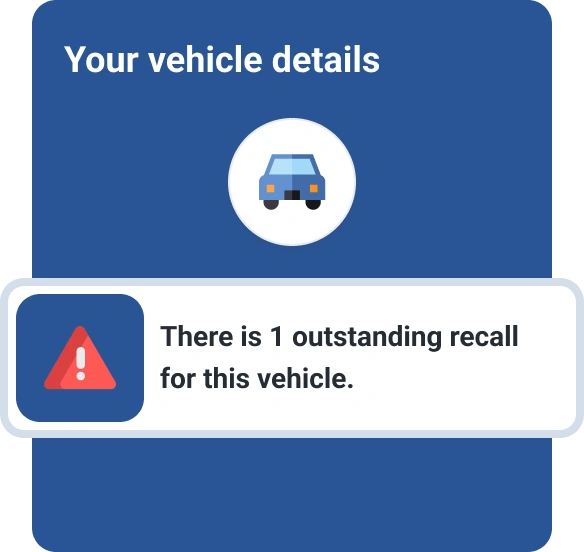What’s the Average Cost of an Auto Repair After an Accident?
Quick Answer
The average cost to repair a vehicle after a collision can vary greatly depending on the make and model of your vehicle and the damage it sustained in the accident. If you have auto insurance or you weren't at fault, however, the repair costs should be covered by insurance.

The cost of an auto repair after a collision can vary based on the severity of the damage and the vehicle itself. As a result, it's impossible to determine an average cost. If you have car insurance and depending on the type of car insurance coverage you have, an adjuster will do an inspection and give you an idea of how much it'll cost. And if you have coverage, either through your insurance policy or the at-fault driver's policy, you won't need to worry about paying all of those costs out of pocket.
Depending on the damage, here's what you might expect to pay and which factors affect the prices.
How Much Does Auto Repair After an Accident Cost?
Because it depends on the extent of the damage, here's a breakdown of what you or your insurance company might pay to repair your car after an accident:
| Repair | Cost Range |
|---|---|
| Seat belt repair | $150 to $200 |
| Windshield crack repair | $20 to $325 |
| Window replacement | $250 to $450 |
| Windshield replacement | $200 to $400 |
| Bumper repair or replacement | $100 to $2,000 |
| Scratch repair | $150 to $2,500 |
| Frame damage repair | $600 to $10,000 |
| Air bag replacement (per bag) | $1,000 to $1,500 |
| Suspension damage repair | $1,000 to $5,000 |
| Engine replacement | $1,000 to $7,500 |
Keep in mind that if the total repair costs exceed the value of your car, the insurance company may declare the vehicle a total loss. When this occurs, the insurer will cut you a check for the value of the vehicle instead of paying to repair it.
What Factors Affect the Cost of Auto Repairs?
As you can see, there's a cost range for each type of repair an auto shop may need to perform. This is because there are several factors that help determine what you'll end up paying, including:
- Severity of the accident: If you just have a small scratch from a collision in a parking lot, for instance, it'll cost much less to repaint it than if the paint damage is significant.
- Vehicle value: More expensive vehicles tend to cost more to repair.
- Repair shop: Every auto body shop has its own pricing structure, so estimates can vary depending on where you look.
- Part availability: If your vehicle requires specialized parts or tools that are more difficult to find, it could result in a higher cost to repair.
- Insurance coverage: Depending on the nature of the accident, you may need collision or comprehensive coverage to offset the repair costs. These coverages are designed to cover up to the value of your vehicle, but you may have a deductible that you have to pay out of pocket. If you don't have collision or comprehensive coverage, you'll need to pay the full amount.
How Can You Reduce Repair Costs?
If you have insurance coverage or someone else caused the accident, most or all of your repair costs should be covered by insurance. But if you have to pay the repair costs out of pocket, here are some steps you can take to lessen the financial blow:
- Shop around. It's a good idea to request an estimate from multiple repair shops to ensure that you're getting the best deal. You may even be able to use estimates to negotiate for a better price.
- Reconsider OEM parts. Original equipment manufacturer parts (OEM) are parts that come from the original manufacturer of those components, usually on behalf of your vehicle's manufacturer. However, OEM parts tend to cost as much as 60% more than aftermarket parts, and they aren't necessarily worth the added expense.
- Don't procrastinate. If you don't take care of your repairs right away, the damage caused by the accident could worsen and end up costing you more.
Make Sure You Have Insurance if You Can't Pay for Repairs out of Pocket
Collision and comprehensive coverage are typically required if you have a loan on your vehicle, but once you've paid the loan off, you can choose whether or not to have these coverages. While it may be tempting to skip them to save on your monthly premium, it could come back to bite you if you get in an accident.
So, unless you have enough cash in savings to pay for repairs or to replace the entire vehicle, it's generally best to have those coverages. That said, you can opt for a higher deductible to reduce your premiums; just be sure you can afford the deductible in the event that you need to file a claim.
You can compare car insurance quotes with Experian to find the best deal to protect your vehicle.
Don’t overpay for auto insurance
If you’re looking for ways to cut back on monthly costs, it could be a good idea to see if you can save on your auto insurance.
Find savingsAbout the author
Ben Luthi has worked in financial planning, banking and auto finance, and writes about all aspects of money. His work has appeared in Time, Success, USA Today, Credit Karma, NerdWallet, Wirecutter and more.
Read more from Ben

